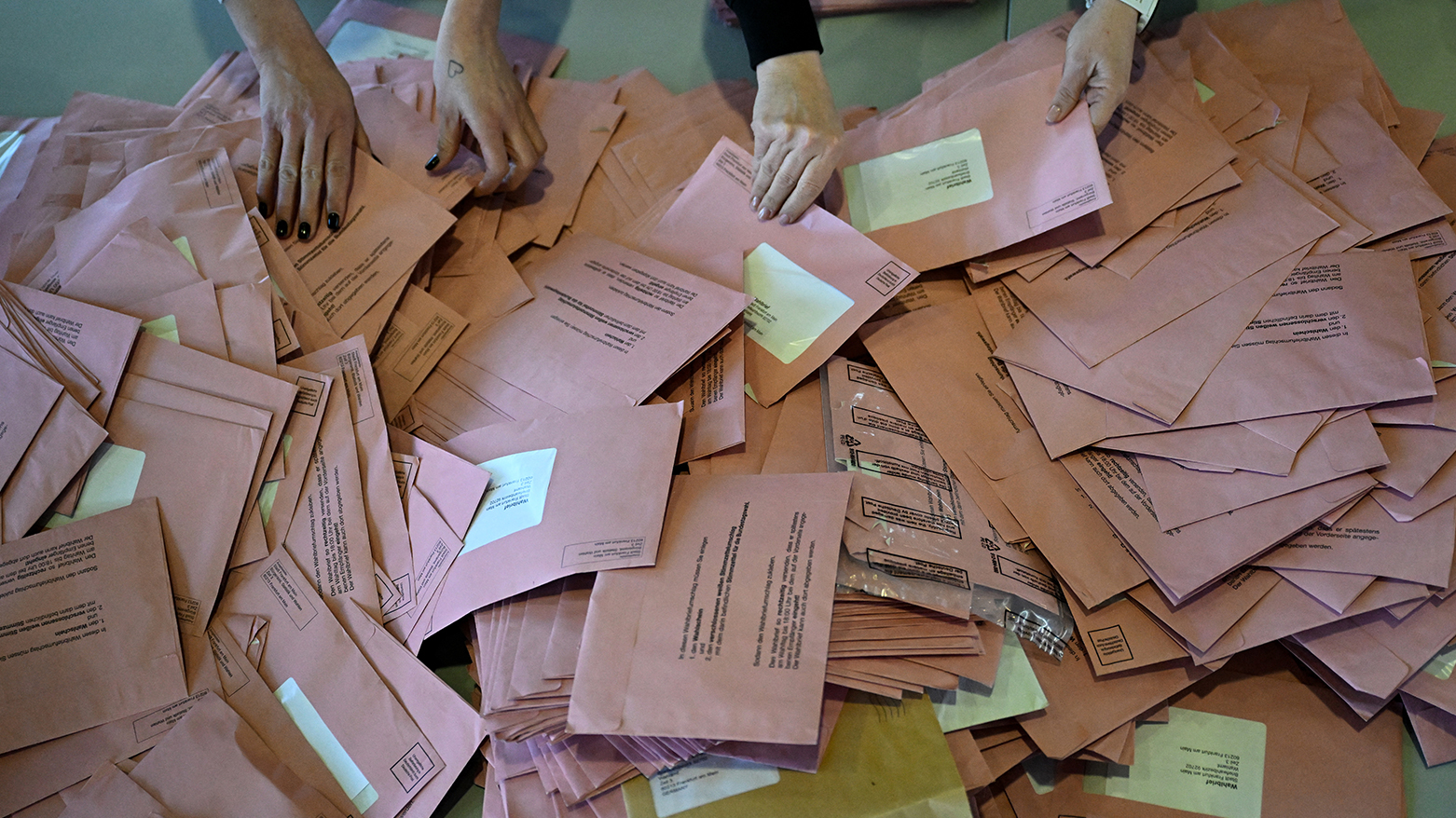Christian Democratic Alliance Leads German Elections Amid Major Setback for Ruling Party
The Social Democratic Party (SPD), led by incumbent Chancellor Olaf Scholz, suffered a severe decline, losing 9.7 percentage points from its 2021 performance

ERBIL (Kurdistan24) - Exit polls from the German general elections indicate that the Christian Democratic Alliance has emerged as the leading force, securing 29% of the votes.
According to the results published by German television ARD, the alliance, which nominated Friedrich Merz as its candidate for chancellor, gained 4.9 percentage points compared to the previous elections, solidifying its political position.
Social Democrats Face Historic Defeat
In contrast, the Social Democratic Party (SPD), led by incumbent Chancellor Olaf Scholz, suffered a severe decline, losing 9.7 percentage points from its 2021 performance and receiving only 16% of the votes. If these results hold, it would mark the worst electoral performance for the SPD in post-World War II Germany.
Far-Right Surge and Green Party Decline
The far-right Alternative for Germany (AfD) saw a significant surge in support, gaining 9.1 percentage points to secure 19.5% of the vote, placing it in second position.
Meanwhile, the Green Party experienced a decline, losing 1.2 percentage points compared to the last election, bringing its share down to 13.5%.
High Voter Turnout and Youth Participation
A total of 59.2 million Germans were eligible to vote in this election, with notable participation from young voters. Approximately 2.3 million people were casting their ballots for the first time, while voters over the age of 70 accounted for 13.7 million of the electorate.
Intense Competition for the Chancellery
The race for the chancellery remains highly contested, with Olaf Scholz seeking re-election against Friedrich Merz of the Christian Democratic Alliance.
Other key contenders include Alice Weidel, leader of the far-right AfD, Robert Habeck, the Green Party’s Economy and Climate Minister, and Sahra Wagenknecht, leader of the newly formed "Sahra Wagenknecht Alliance."
Election Background and Political Implications
These elections were triggered by the collapse of the ruling coalition led by Olaf Scholz, which prompted the call for early elections in an attempt to reorganize the political landscape. With the current results, Germany appears to be entering a new phase of political transformation, where coalition negotiations will play a decisive role in forming the next government.